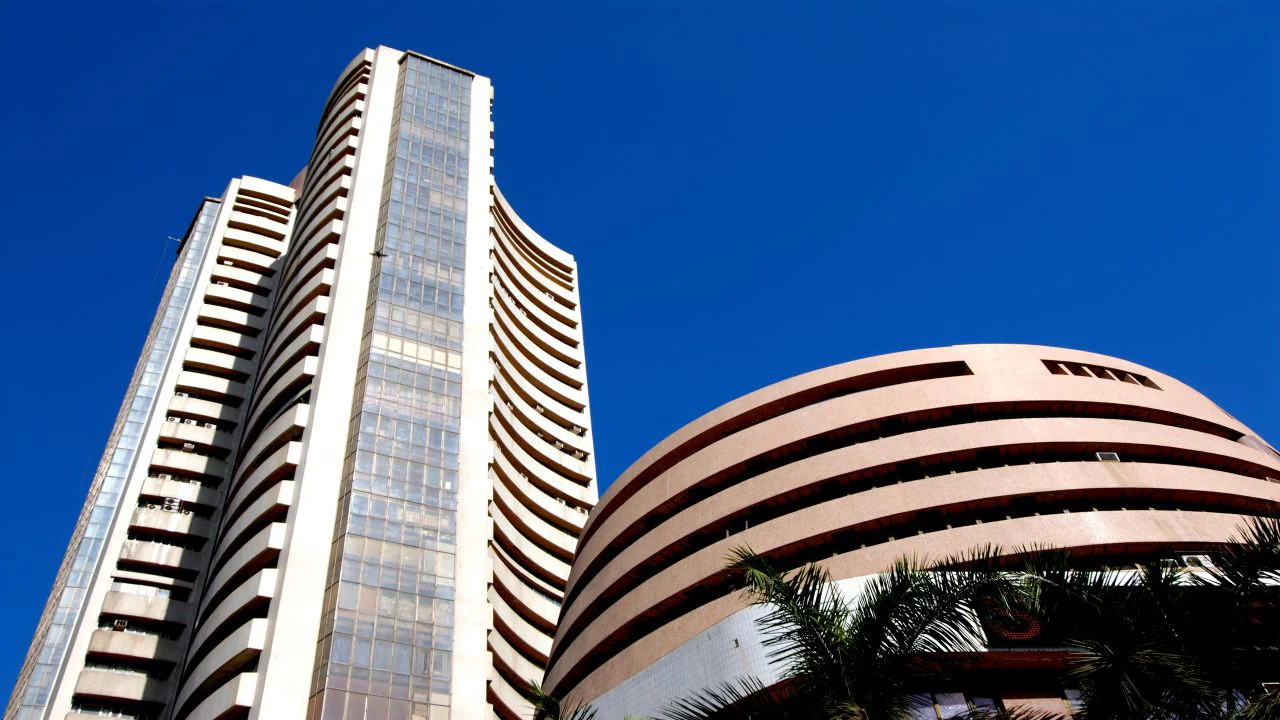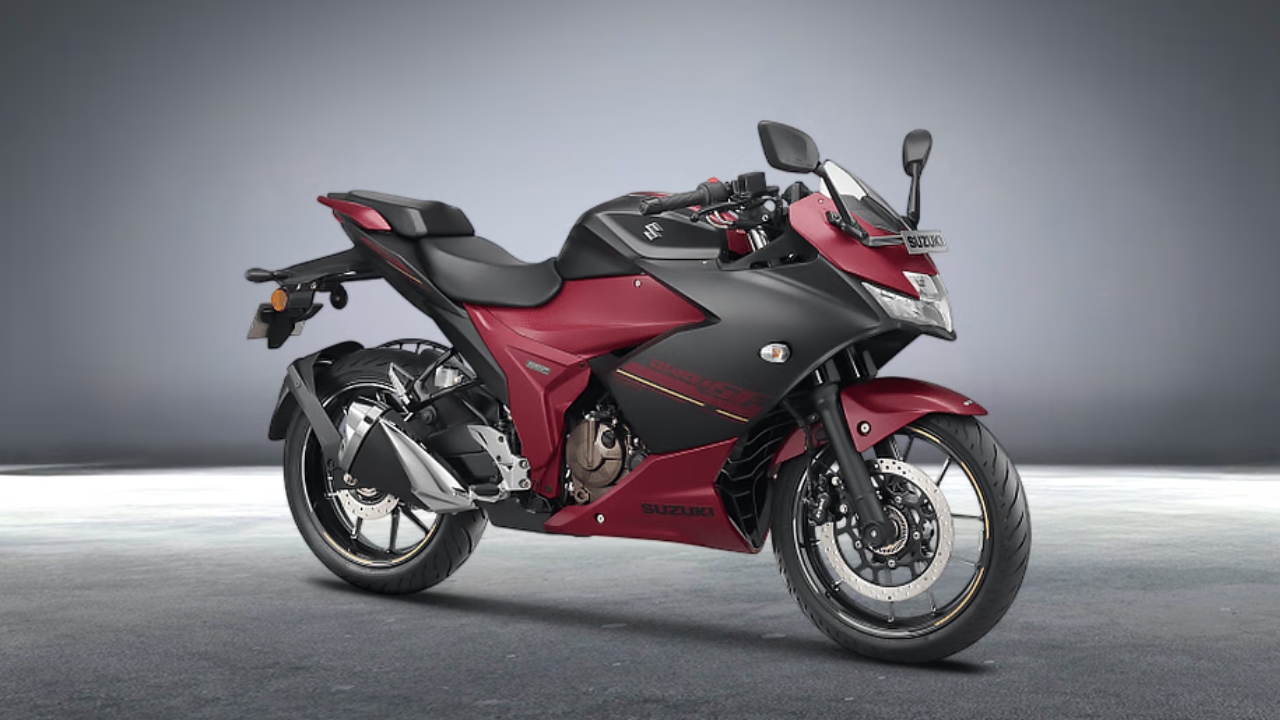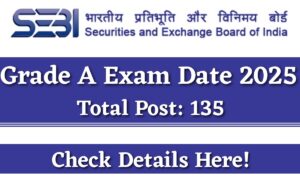People are often confused about where to invest. If you’re looking for a place where your money is safe and you’ll receive good returns, this article is for you. When it comes to investing, the stock market and fixed deposits are the first things that come to mind. But due to a lack of proper advice or knowledge, people often make wrong decisions. For now, if you want to know more about the stock market and fixed deposits before investing, this article will tell you which one you can invest in according to your budget and needs.
What is Fixed Deposit (FD)
A fixed deposit is one of the oldest and most trusted investment options. In this, investors deposit a certain amount in the bank for a fixed time and earn a fixed interest rate. The best part is that your money remains completely safe and guaranteed. Banks offer returns higher than savings accounts, and you can choose tenure from a few months to several years. When the FD matures, you receive both your principal and interest. It is ideal for people who prefer stability over risk.
What is Share Market
The share market is a platform where companies list their shares, and investors can buy or sell them. When you buy a company’s shares, you become a shareholder in that company. The stock market gives you a chance to earn profit through price appreciation or dividends. However, the risk factor is high because prices depend on company performance, market trends, and global economy. If invested wisely, it can give far better returns than fixed deposits.
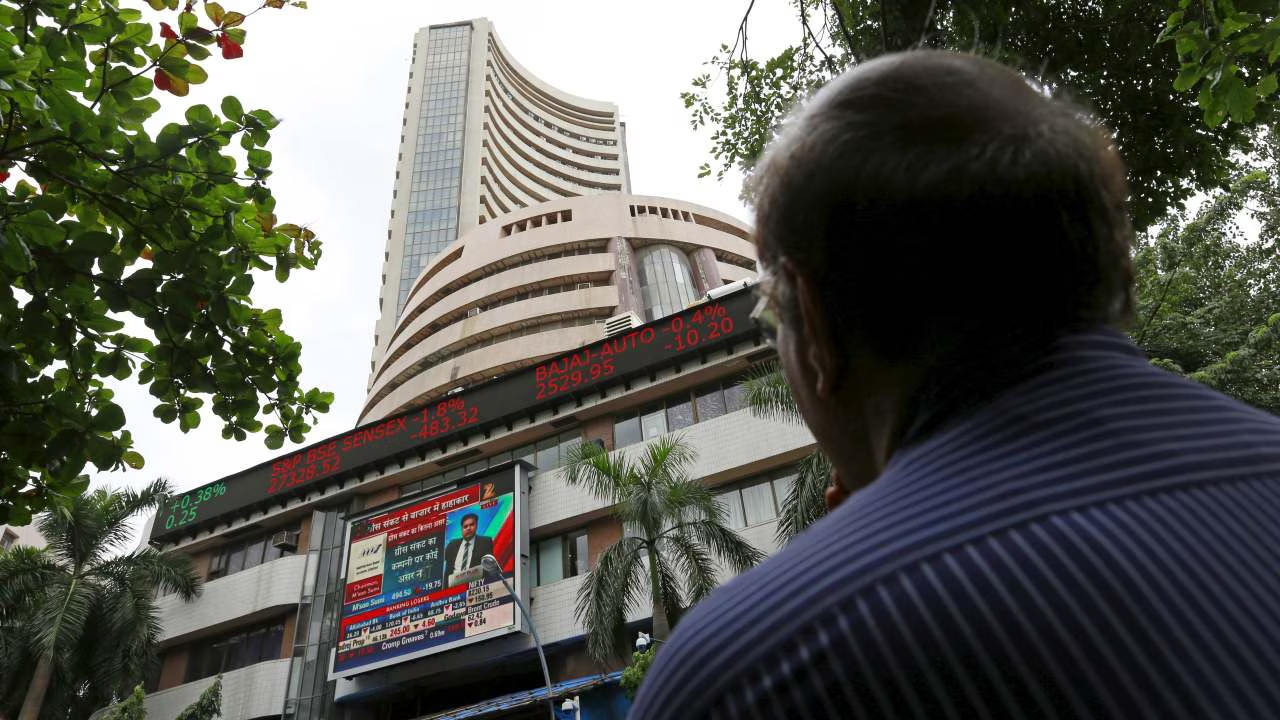
Comparison Based on Returns and Risk
In terms of returns, the stock market usually beats FDs. A good performing stock can double your investment, whereas FDs generally provide 6% to 8% interest annually. But risk plays a big role here. The stock market can go up or down anytime, which means you can also lose your capital. On the other hand, FDs are risk-free and suitable for those who don’t want to take market pressure.
Liquidity and Tax Benefits
When it comes to liquidity, the share market is more flexible. You can sell your shares anytime and get money instantly. But in the case of FDs, you have to wait until maturity or pay a penalty for premature withdrawal. Talking about taxes, the interest earned on FDs is fully taxable as per your income slab. However, long-term gains on shares attract lower tax rates, which can be beneficial for long-term investors.
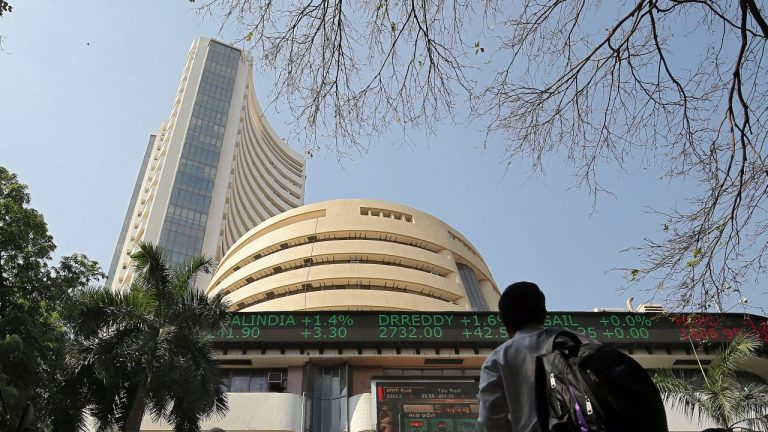
Investment Period and Suitability
If you want to invest for the short term or need guaranteed returns, fixed deposits are a perfect choice. But if you can stay invested for a longer duration and handle short-term market ups and downs, the share market can build wealth faster. Many investors prefer combining both options — keeping some money safe in FDs and investing the rest in the stock market for higher growth potential.
Which Option to Choose
Choosing between FD and the stock market depends on your risk appetite and financial goals. If you prefer security and fixed returns, FDs are better. But if you want higher returns and can tolerate risk, investing in the stock market can be more rewarding. Before taking any decision, understand your financial capacity, consult an expert, and then plan accordingly.
Disclaimer: For any financial investment, take decisions on your own responsibility. Times Bull will not be responsible for it.
Read More-
Vivo X200 Pro 5G Price Slashed in Flipkart Sale Powerful Features at Lower Price
Amazon Great Indian Festival 2025: Top 43-Inch Smart TV Offers Revealed

